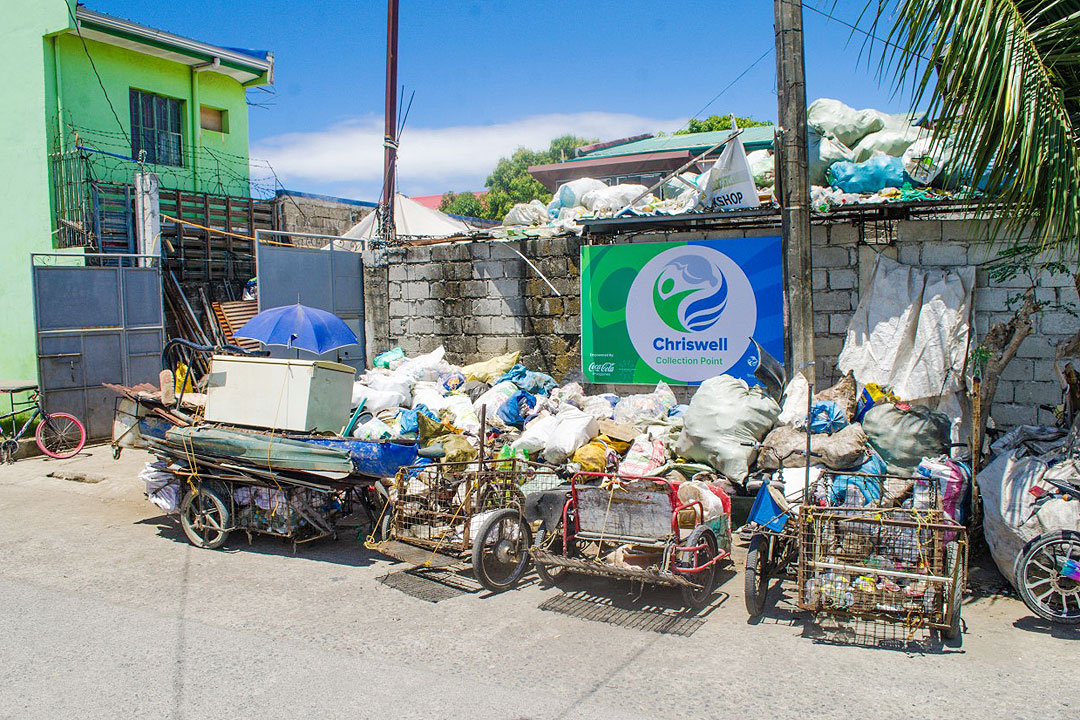Coca-Cola PHL expands recycling program to Laguna

COCA-COLA Beverages Philippines, Inc. has expanded its recycling program to Laguna province in partnership with social enterprise Plastic Bank Philippines.
In a statement on Thursday, the beverage company said they have rolled out their Ecosystem Impact Program in Laguna following initial implementation in Cavite since 2021.
It said nine new partner shops have come on board, adding to a total of 15 recyclable wastes collection branches within Coca-Cola Philippines and Plastic Bank’s program areas. More partners in Laguna are expected to join in the coming months.
Plastic Bank sets up collection and recycling ecosystems in communities to prevent ocean-bound plastic waste. It has an online app that shop owners can use to track collections and share their waste collection impact online.
“Furthermore, over 160 new waste collection members have joined the Plastic Bank ecosystem, bringing the total number of members to 600. These new additions to the ecosystem have helped scale the collection of the Program,” Coca-Cola said.
Under the program, partner junk shops and other organizations are given access to tools and equipment for efficient waste collection, such as sacks, branch uniforms, weighing scales, and shop signages.
“The Coca-Cola Philippines and Plastic Bank Ecosystem Impact Program works directly with individuals in the informal waste sector and micro, small and medium enterprises like junk shops to create collection and recycling ecosystems in communities that help prevent plastic waste from going into the ocean,” the company said.
Waste collection members get an above-market rate for collected plastic, which is convertible to cash or digital tokens that can be used for health, work and life insurance, and social and fintech services.
“Plastic pollution is a major crisis that affects all life on Earth. It requires the collective effort of all humanity to address this issue,” Plastic Bank Chief Supply and Countries Officer Gidget Velez said in the statement.
The Philippines passed in 2022 the Extended Producer Responsibility (EPR) Act, which holds companies responsible for managing the impact of their product packaging over the full life cycle.



